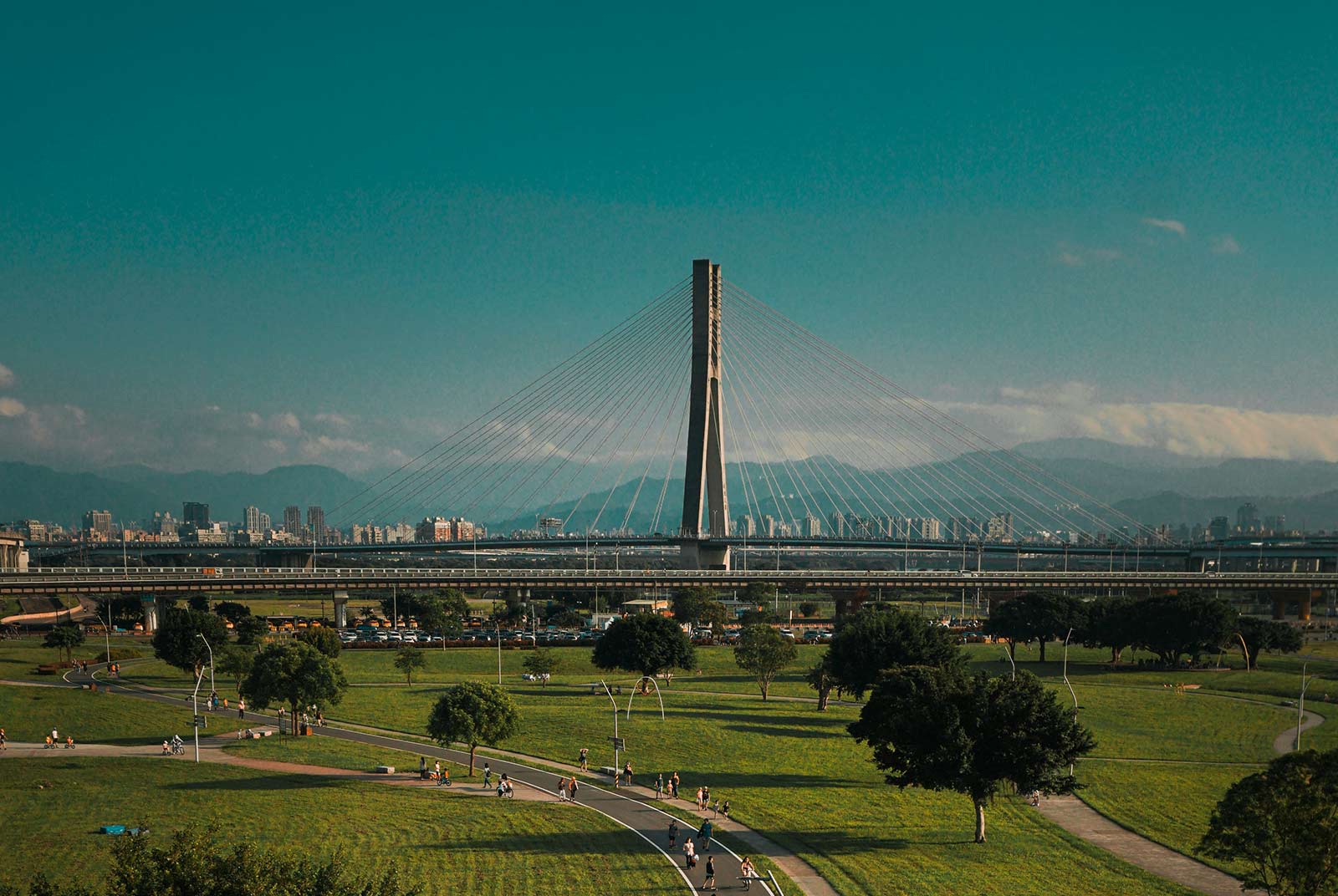Certain Commuters Stuck in Traffic 8 Days a Year

Source:Shutterstock
Ask any motorist about traffic congestion and they will regale you with tales of long queues, wasted time, and mounting frustration. It’s a global problem with some of the world’s greatest cities also being home to some of the world’s greatest traffic jams.
Views
Certain Commuters Stuck in Traffic 8 Days a Year
By Sean Flemingweb only
One of the worst cities in the world for time-consuming traffic congestion is the Colombian capital, Bogotá, where commuters spent an average of 272 hours stuck in traffic last year.
Drivers in Rome lost 254 hours of their time to congestion, making it the best place in Europe for anyone who wants to waste time sitting in traffic. Hot on its heels is Dublin, which is only likely to come as a surprise to anyone that’s never experienced Ireland’s capital city during rush hour; drivers there lost 246 hours thanks to stationary traffic.
These were the three worst places to be a driver in a hurry in 2018, according to the INRIX 2018 Global Traffic Scorecard which analysed data from 200 cities in 38 countries across Europe and the Americas.
Europe is a hotbed of traffic congestion, due in no small part to most of it having developed in the pre-automobile era. Dense town and city centre areas, criss-crossed road layouts, and disparate planning regulations have meant many towns and cities have expanded beyond the capability of their road networks. The grid system that underpins the road layout of most US cities is an illuminating point of comparison.
High traffic volumes are responsible for large amounts of air pollution, a situation made worse by congestion – queues of vehicles, with their engines idling, emit noxious fumes over longer periods of time. The biggest contributors to dangerous air pollution are diesel fumes as they include nitrogen oxide, nitrogen dioxide, carbon monoxide, carbon dioxide, hydrocarbons and aldehydes among other pollutants.
Across Europe the healthcare costs of congestion-related dirty air has been put at around $79 billion. That figure includes lost productivity, diagnosis and treatment of illness, and investment in public health initiatives.
Thankfully, although some of its cities are increasingly gridlocked, Europe is at the forefront of a range of progressive measures to get people out of their cars and on to alternatives such as public transport and cycling.
This has the combined benefits of reducing congestion and pollution, cutting commute times, and improving people’s health. In the Danish capital, Copenhagen, bicycles outnumber cars by more than five-to-one and almost one-third of all journeys across the city are done on two wheels.
China has also been tackling the problem of traffic congestion, although with a more high-tech approach. In the city of Hangzhou, a traffic management system powered by artificial intelligence keeps things moving. The “City Brain” was developed by Alibaba, and uses data from cameras and social platforms to monitor the flow of traffic. Hangzhou used to be in the top five most congested Chinese cities. At the last count, it had dropped down to 57 in the rankings. (Read: Taiwanese Drivers Turn Streets into Warzone)
Edited by Tomas Lin
Original content can be found at the website of World Economic Forum: Commuters in these cities spend more than 8 days a year stuck in traffic
This article is reproduced under the permission of World Economic Forum (WEF) and terms of Creative Commons Attribution-NonCommercial-NoDerivs 4.0 Unported License (“CCPL”). It presents the opinion or perspective of the original author / organization, which does not represent the standpoint of CommonWealth magazine.







